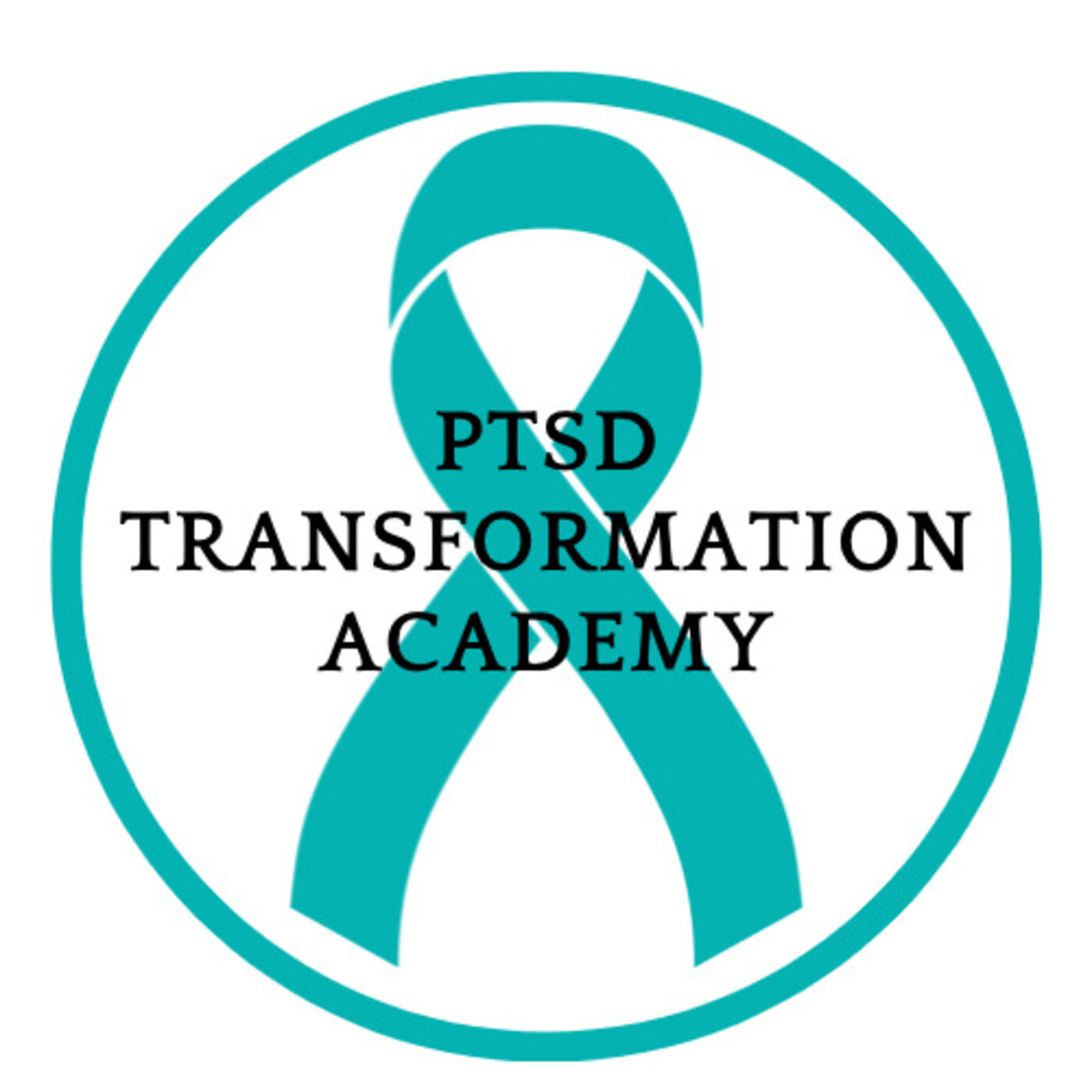- After-Shows
- Alternative
- Animals
- Animation
- Arts
- Astronomy
- Automotive
- Aviation
- Baseball
- Basketball
- Beauty
- Books
- Buddhism
- Business
- Careers
- Chemistry
- Christianity
- Climate
- Comedy
- Commentary
- Courses
- Crafts
- Cricket
- Cryptocurrency
- Culture
- Daily
- Design
- Documentary
- Drama
- Earth
- Education
- Entertainment
- Entrepreneurship
- Family
- Fantasy
- Fashion
- Fiction
- Film
- Fitness
- Food
- Football
- Games
- Garden
- Golf
- Government
- Health
- Hinduism
- History
- Hobbies
- Hockey
- Home
- How-To
- Improv
- Interviews
- Investing
- Islam
- Journals
- Judaism
- Kids
- Language
- Learning
- Leisure
- Life
- Management
- Manga
- Marketing
- Mathematics
- Medicine
- Mental
- Music
- Natural
- Nature
- News
- Non-Profit
- Nutrition
- Parenting
- Performing
- Personal
- Pets
- Philosophy
- Physics
- Places
- Politics
- Relationships
- Religion
- Reviews
- Role-Playing
- Rugby
- Running
- Science
- Self-Improvement
- Sexuality
- Soccer
- Social
- Society
- Spirituality
- Sports
- Stand-Up
- Stories
- Swimming
- TV
- Tabletop
- Technology
- Tennis
- Travel
- True Crime
- Episode-Games
- Visual
- Volleyball
- Weather
- Wilderness
- Wrestling
- Other
Living with someone Diagnosed with PTSD
Living with someone who has been diagnosed with Post-Traumatic Stress Disorder (PTSD) can be a challenging experience. PTSD is a mental health condition that can result from experiencing or witnessing a traumatic event, such as military combat, sexual assault, or a natural disaster. It can cause a wide range of symptoms, including flashbacks, nightmares, anxiety, depression, and hypervigilance.In this video, we'll discuss some tips and strategies for living with someone who has been diagnosed with PTSD. We'll cover topics such as creating a safe and supportive environment, learning about the symptoms of PTSD, communicating effectively, and seeking professional help.First and foremost, it's important to create a safe and supportive environment for your loved one. This may involve removing triggers from your home, such as loud noises or certain smells. You can also encourage your loved one to engage in self-care activities, such as exercise, meditation, or therapy.It's also essential to learn about the symptoms of PTSD and how they may manifest in your loved one. By understanding their experiences, you can offer more effective support and avoid accidentally triggering their symptoms.Communication is another critical aspect of living with someone with PTSD. Encourage open and honest communication, but also be mindful of your loved one's boundaries. It may be helpful to establish a code word or signal that indicates when they need space or when they're feeling triggered.Finally, seeking professional help is crucial for both you and your loved one. PTSD can be a complex condition that requires specialized treatment, such as therapy or medication. Don't hesitate to reach out to a mental health professional for guidance and support.Living with someone who has been diagnosed with PTSD can be challenging, but it's essential to remember that recovery is possible. With patience, compassion, and effective communication, you can create a supportive environment that promotes healing and growth.Support the showOther Options For Connection:<br/><br/>Pinterest: <br/>https://www.pinterest.ca/PTSD_transformation_Academy<br/>Instagram: https://www.instagram.com/ptsd_transformation_academy/<br/>Youtube - https://www.youtube.com/channel/UCRFl48PWiMPlXh0wfarKJ7g?sub_confirmation=1<br/><br/> <br/><br/><br/><br/><br/>

